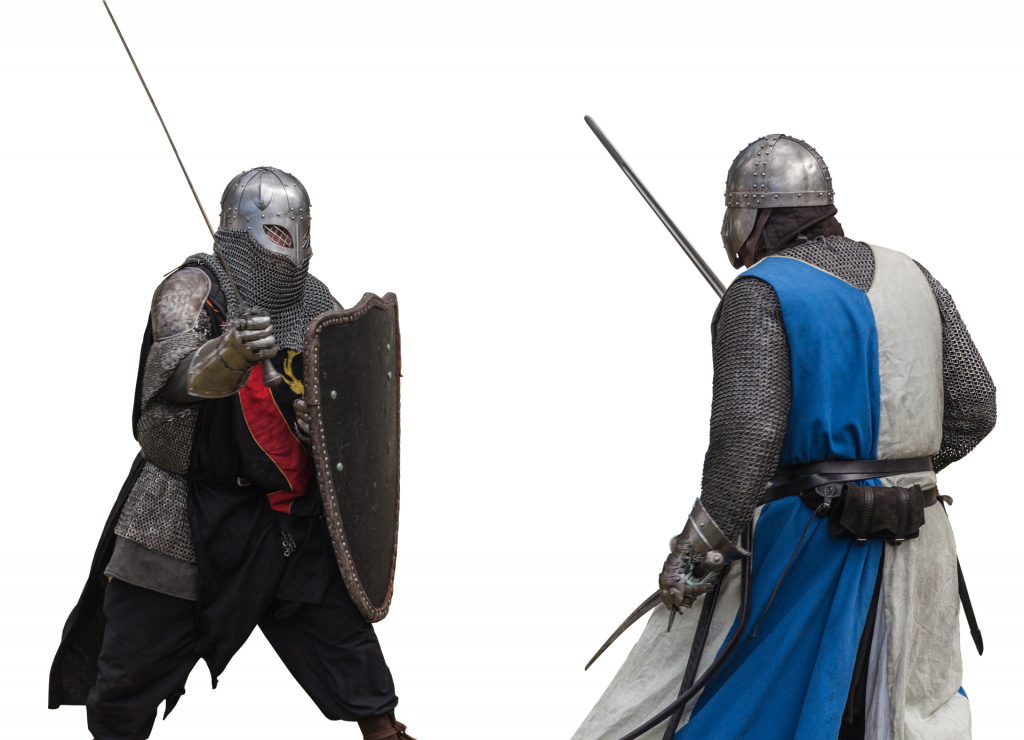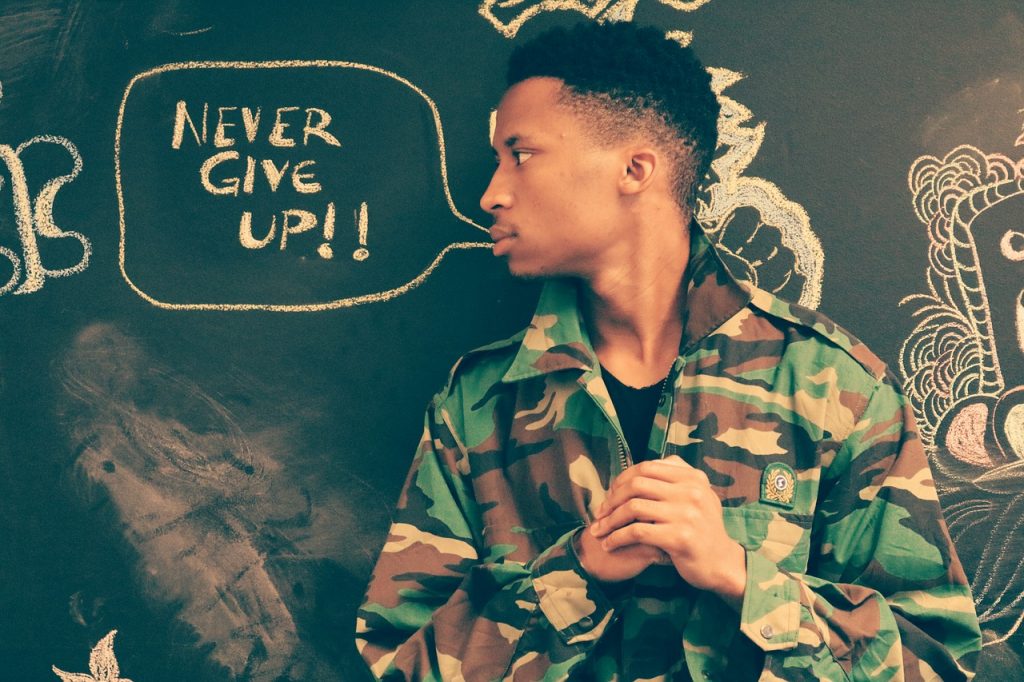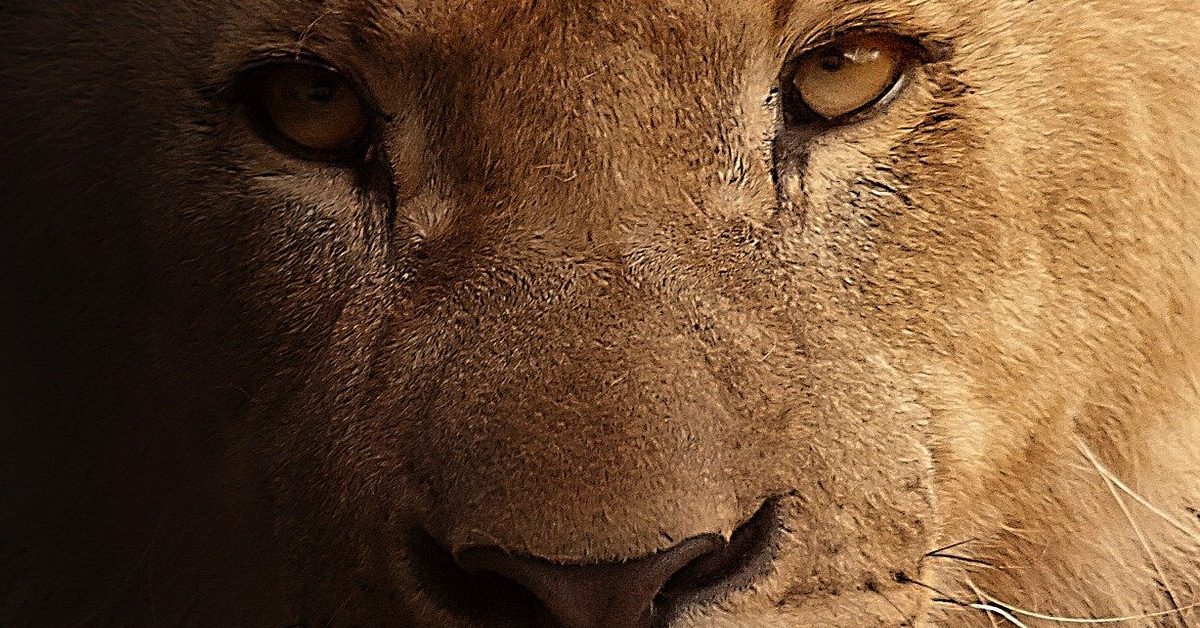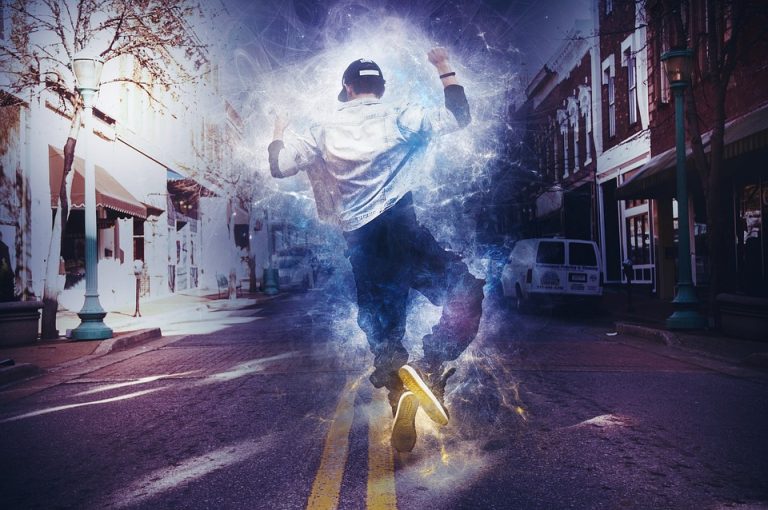The Desire to Be Courageous
Courage is the most important of all the virtues, because without courage, you can’t practice any other virtue consistently. — Maya Angelou
If you could ask a genie to improve just one of your personal traits, there’s a good chance you’d wish for more courage.

Indeed, in one study, researchers examined the major religions and philosophies of the past 3,000 years to see which virtues were most valued. Across nearly all of the texts they analyzed, the virtue ‘courage’ was praised almost universally. In fact, some researchers have even argued that courage is the most desired virtue of all the virtues!
So, if you’re like most people (and definitely if you’re like me), you’re probably wondering (1) “What does it exactly mean to be courageous?” and (2) “How can I get some more of that stuff?”
THE COURAGEOUS FIRST QUESTION
Much of the research on courage initially tried to deal with the pesky question of defining it. And according to years or research, courageous acts are defined by three qualities:

- Acting even though one feels afraid
- Acting to achieve a meaningful purpose
- Acting voluntarily (or of your own accord)
In other words, to exhibit courage, your action must work toward a higher-order value (e.g., helping someone, improving yourself). You must have some concern/fear about the potential negative consequences of your action (i.e., courage is NOT fearlessness). And you yourself must have chosen to act (i.e., your action must have been done of your own free will).
Importantly, acting courageous is not the same as acting foolhardy. Whereas foolhardy actions undertake a lot of risk for comparatively little reward, courageous acts have a more equal balance of risk and reward.
For example, if a cat were stuck in the lower branches of a tree, climbing up the tree (even though you’re afraid of heights) would be a courageous act. In contrast, if the cat were stuck on the very highest branches, climbing that high would be foolhardy. (Especially when you consider how ungrateful cats are — or at least how ungrateful mine were 😉).
COURAGE ON DISPLAY
One of the reasons that courage is so valued is because it’s not that common.
In general, people are “risk averse.” Or in other words, people tend to fear the risk of losing something more than they desire the reward of gaining something.

Thus, in order to be courageous, we often have to desire to be more courageous as it’s against our natural inclinations. But here, it’s important to note that people can be courageous in one of two broad ways.
People can exhibit “small acts” of courage (e.g., advocating one’s social justice beliefs to people who disagree with them) or “big acts” of courage (e.g., taking a career path that satisfies ones dreams but might not ultimately be lucrative).
And although you might think people tend to be more courageous for small (vs. big) acts, when people want to be courageous, they’re actually more likely to be courageous for big (vs. small) ones!

With small or unimportant acts, these choices often lack one of the three traits of courage described earlier. Or, similarly, it’s easier to convince ourselves that one of those traits is missing.
For example, you might convince yourself that disagreeing with someone’s belief won’t cause any lasting change (i.e., you’re no longer working toward a meaningful cause), and so the act is no longer perceived as a “courageous” one.
However, when it comes to big or important decisions, it is harder to argue that those elements of courage don’t exist in the decision (i.e., fear, purpose, and free will), and so, we feel even more motivated here to act and make the courageous decision!
BECOMING MORE COURAGEOUS

Just because we might be more inclined to exhibit courage when it comes to big decisions, it’s also important to try practicing your courage on the small acts, too.
Not only will this help “strengthen” your courage overall, but these small opportunities to demonstrate your courage come up much more frequently than the big acts, meaning your courage could likely have a broader impact for more people.
Wants to Be More Courageously,
Jake
Everyday Psychology: In previous research, I have talked about how we can use psychology to improve our performance when competing in “the clutch” or when we’re trying to make a comeback. After today’s post, though, we can also use these instances as opportunities to practice courage. That is, the next time you’re in a situation where it’s coming down to the wire or you’re behind schedule on doing something, try to frame this as a test of your courage — and take charge of the challenge! These are good examples where you might be a little afraid, where you’re working toward a meaningful cause, and your own free will dictates your participation. Whether you’re successful or not (though here’s some extra research to help support your success), you can praise yourself for courage well demonstrated!
Gal, D., & Rucker, D. D. (2020). Act boldly: Important life decisions, courage, and the motivated pursuit of risk. Journal of Personality and Social Psychology. Advance online publication. https://doi.org/10.1037/pspi0000329








Back to reading your blog after quite a while and now this is the most I have disagreed on a post of yours…because of your comment about cats being ungrateful! JK 😀
I really liked your last bit about the courage (though we convince ourselves it’s small) involved in bringing oneself up from personal downturns like being behind schedule or after a wave of demotivation. Takes this post home.
Sobia, thank you for the great comment! haha You know, I actually went back in there amended the article slightly in response to your comment about the cats 😉 That said, I’m glad you enjoyed the post, and I’m grateful for your thoughts. I hope you have a good day!
lol I didn’t expect you to change it! haha have a good day yourself 🙂